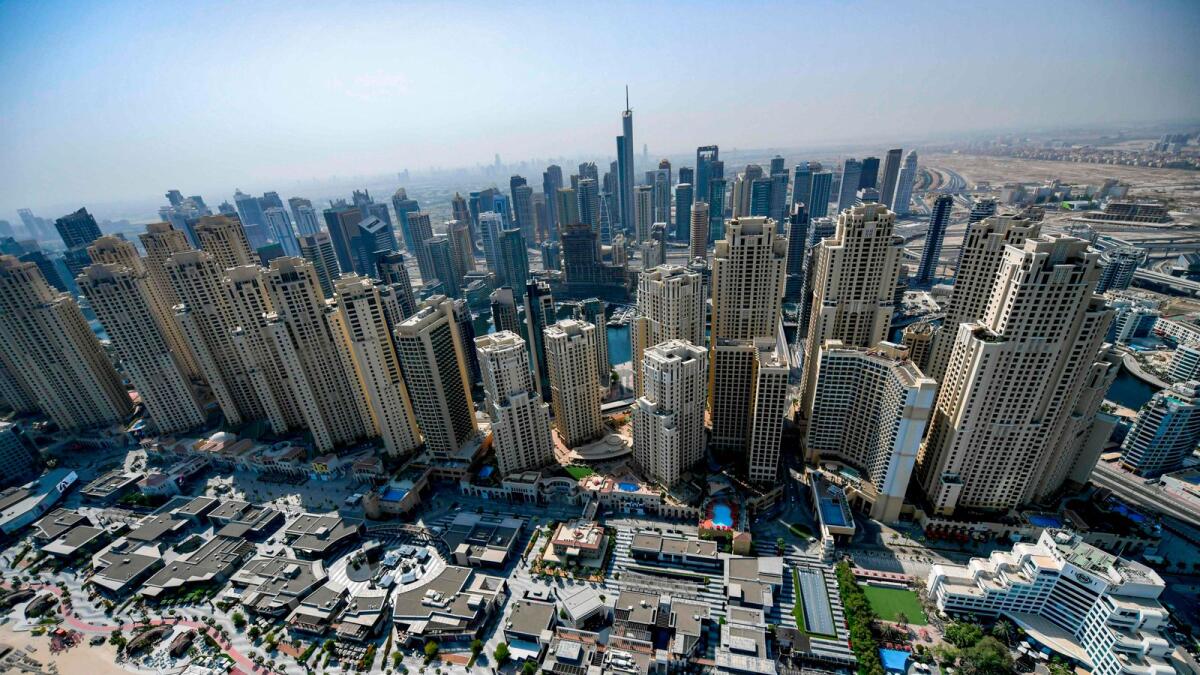The GCC’s non-oil sector is expected to be the main driver of growth in the region in 2024 and beyond, as per a report by the Institute of Chartered Accountants in England and Wales (ICAEW). The overall GDP growth is projected to slow to 2.2 per cent due to extended voluntary output cuts by the Opec+ group. The report also highlights that oil output in the GCC is projected to shrink by 2.6 per cent this year, impacting the growth forecast for the region. Despite this, non-energy sectors, especially in Bahrain and Qatar, continue to show resilience.
The World Bank has also revised its economic outlook for the GCC region, predicting a brighter future with slightly slower growth in the present. The bank expects regional growth to reach 4.7 per cent in 2025, up from the previous projection of 3.8 per cent. The UAE is expected to grow by 3.9 per cent in 2024, driven by higher oil production. The UAE has shown strength in various sectors like tourism, real estate, construction, transportation, and manufacturing.
Saudi Arabia, Bahrain, and Kuwait are expected to see budget deficits in 2024 and 2025 due to low oil prices. However, the overall GCC budget position is projected to remain somewhat in surplus, driven by strong financial standings and favourable credit ratings. Qatar’s economy is expected to expand by 2.2 per cent in 2024, rising to 2.9 per cent in 2025. Bahrain is diversifying its economy and reducing reliance on oil revenues through initiatives like the Golden License initiative.
Tourism is expected to remain a key growth driver in the GCC, with record visitor numbers seen in 2023 and expected to continue into this year. The inflation forecast for the GCC in 2024 has been lowered to 2.2 per cent, with a further slowdown to 2.1 per cent expected next year. Excluding housing rents in some countries, inflationary pressures remain contained, with rates below 2.0 per cent.
Overall, while the GCC region faces challenges in the form of extended oil output cuts and lower oil prices, the non-oil sectors, particularly in Bahrain, Qatar, and the UAE, continue to show resilience. The World Bank’s revised economic outlook presents a more positive future for the region, with growth expected to pick up in the coming years. Tourism, construction, manufacturing, and transportation sectors are set to drive growth in the region, supported by ongoing investments and initiatives to diversify the economy. The GCC’s ability to weather these challenges and maintain a surplus in the budget underscores its financial stability and resilience.








